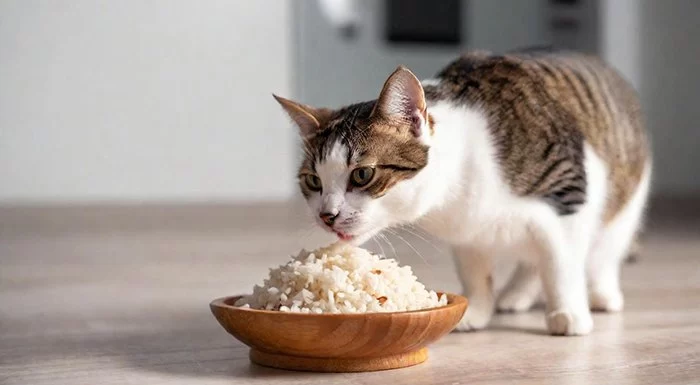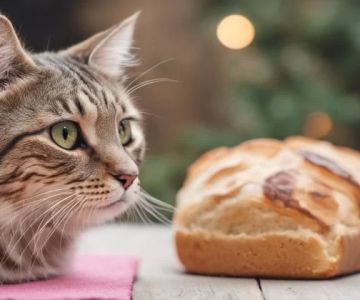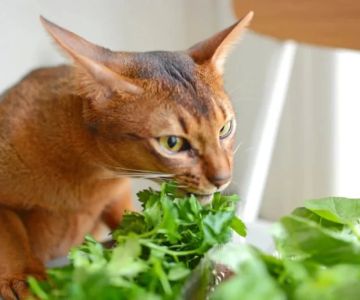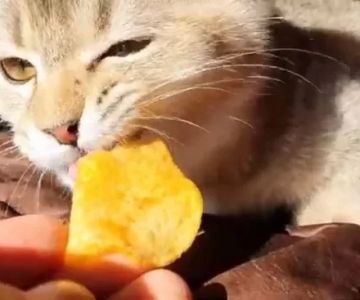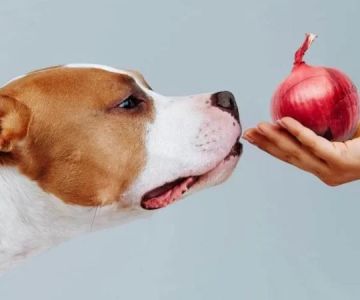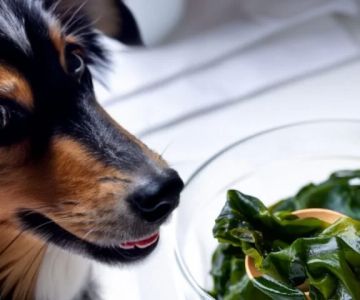- 1 - Can Cats Eat Rice Overview
- 2 - The Nutritional Value of Rice for Cats
- 3 - When Rice May Be Safe for Cats
- 4 - Potential Risks of Feeding Cats Rice
- 5 - Real-Life Stories from Cat Owners
- 6 - Veterinary Recommendations and Alternatives
- 7 - Choosing the Right Diet for Your Cat
1. Can Cats Eat Rice Overview
Many cat owners wonder, can cats eat rice, especially when their pets show interest in human food. The short answer is yes—cats can eat small amounts of plain, cooked rice. However, rice should never replace a balanced feline diet. Cats are obligate carnivores, meaning their bodies thrive on protein-rich diets rather than carbohydrates. While rice is not toxic, it is best treated as an occasional addition rather than a staple.
2. The Nutritional Value of Rice for Cats
Rice provides carbohydrates, a quick source of energy. For humans, this is beneficial, but cats process carbs differently. They lack the same digestive enzymes to efficiently break down grains. As a result, rice offers minimal nutritional benefit to cats compared to protein or fat. Some pet owners assume rice can be a filler in meals, but relying on it can dilute the essential nutrients cats need from animal proteins. It’s important to understand that while rice is harmless in moderation, it doesn’t actively support a cat’s health.
3. When Rice May Be Safe for Cats
There are instances when veterinarians may recommend small portions of rice. Cats with temporary digestive upset—such as mild diarrhea—can benefit from bland meals where rice is mixed with boiled chicken. The soft texture helps calm the stomach while still providing some energy. This is always a short-term solution, not a permanent dietary plan. In such cases, rice serves as a temporary aid to recovery rather than a long-term nutritional source.
4. Potential Risks of Feeding Cats Rice
Feeding rice without caution can create problems. Overfeeding may lead to weight gain, as carbohydrates are stored as fat when not burned off. Seasoned or flavored rice is especially dangerous since added ingredients like garlic, onions, or spices can be toxic to cats. Uncooked rice should also be avoided because it is difficult to digest and may cause bloating or discomfort. Pet owners must remember that cats’ digestive systems are specialized for meat, and too much rice can throw off nutritional balance.
5. Real-Life Stories from Cat Owners
Many U.S. cat owners share experiences online about offering rice to their pets. One viral story described a cat named Bella who recovered from digestive issues after her vet suggested a bland diet of boiled chicken and rice for a few days. Another case involved a curious kitten sneaking bites of fried rice, which later resulted in stomach upset due to added oils and seasonings. These examples highlight the importance of moderation and preparation when offering rice to cats.
6. Veterinary Recommendations and Alternatives
Veterinarians emphasize that while cats can eat rice in limited amounts, it should never replace a meat-based diet. For digestive support, other alternatives such as pumpkin puree or specially formulated gastrointestinal cat foods may be more effective. Consulting a professional is always best before introducing new foods. Trusted services like Hidden Brook Veterinary can help pet owners make informed decisions about safe diet practices tailored to their cats’ unique health needs.
7. Choosing the Right Diet for Your Cat
The best diet for cats is one that prioritizes high-quality animal proteins, balanced with necessary vitamins and minerals. Occasional treats like plain rice are not harmful, but they should remain secondary to nutritionally complete meals. Pet owners who focus on balanced, species-appropriate diets see better long-term health outcomes in their cats. Whether managing picky eaters or supporting cats with sensitive stomachs, professional veterinary advice remains the gold standard. A carefully planned diet ensures your feline friend thrives with energy, health, and vitality.

